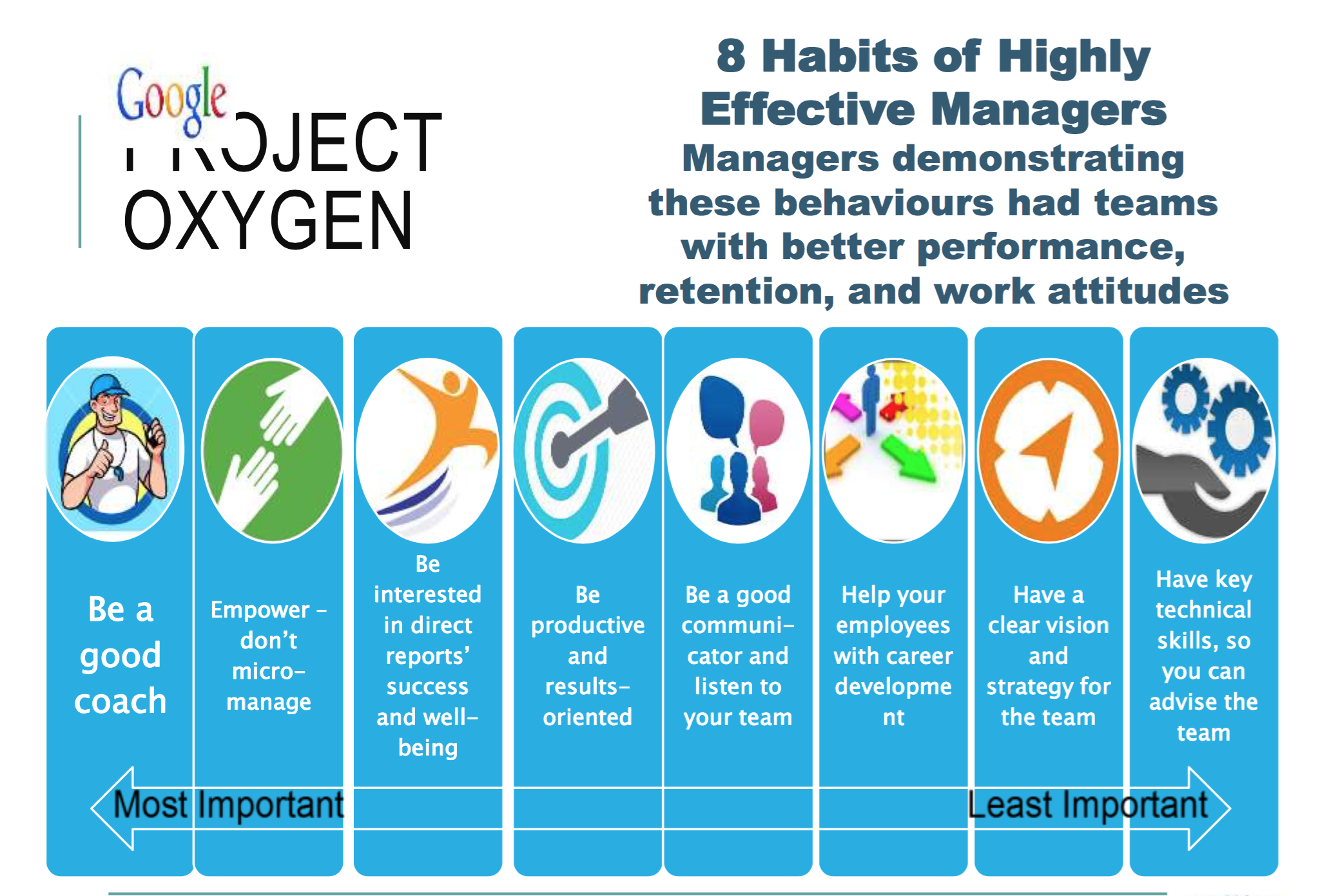
After settling down comfortably into my seat on a flight from Chicago to San Francisco, I started browsing through my digital copy of the latest issue of The Economist. Much to my surprise, I saw an article titled, The Usefulness of Managers beginning with the sentence, “Is your manager really necessary?”
Bingo!!! My mind went back to so many discussions we keep having about our Indian Pharma industry and the various arguments about line management and their contributions, role clarity, their usefulness and the often-asked question, “Are they really effective?”
When the top leadership says, that effective managers are a rare breed with comments such as, “they are the weakest link in our chain”, my mind keeps racing through with the thought as to, “if they are not, who has to be responsible to make them effective?”
Having been a line manager and climbing the ladder against odds, I can understand and empathise with both sides of this management world.
However, when these doubts and questions keep raising its head often, my curiosity quotient kept raising a question, “Are we in Indian pharma very unique to have such challenges?” A chance meeting I had with a team of Google senior management personnel based in Google’s headquarters in California during this trip gave me an interesting insight on what Google did and what it continues to do.
Much to my solace I found that their apprehensions were similar to what we in Indian Pharma face. The differentiating factor was that their “people operations” team (HR) has applied the Google Way (data analytics) to management analysis and developed a manifesto entitled Eight Habits of Highly Effective Google Managers.
And Google has used this manifesto to turn crappy managers into acceptable ones.
How?
By teaching them the basics.
They have all the engineering geniuses with high technical skills but have no idea how to manage or lead a team of people.
No big rocket science as it turns out that the eight habits of highly effective Google managers are the same as the eight habits of highly effective managers everywhere!
Do we in Indian Pharma need to reinvent the wheel?
Can we learn and adopt the learnings from Project Oxygen of Google? Can we attempt to do our own analytics and arrive at our own solution to the woes of the managerial ineffectiveness?
An understanding of the 8 qualities would help us and let’s look at the excerpts:
| 1. Be a good coach
|
Provide specific, constructive feedback, balancing negative and positive
Have regular one-on-ones, presenting solutions to problems tailored to the employee’s strengths |
| 2. Empower your team and don’t micro-manage
|
Balance giving freedom to your employees while still being available for advice
Make “stretch” assignments to help them tackle big problems |
| 3. Express interest in employees’ success and well-being | Get to know your employees as people, with lives outside of work
Make new folks feel welcome, help ease the transition |
| 4. Be productive and results-oriented | Focus on what you want the team to achieve and how employees can help achieve it
Help the team prioritize work, and make decisions to remove roadblocks |
| 5. Be a good communicator and listen to your team | Communication is two-way: Both listen and share
Hold all-hands meetings and be specific about the team’s goals Encourage open dialogue and listen to the questions and concerns of your employees |
| 6. Help your employees with career development | Developing people through work |
| 7. Have a clear vision and strategy for the team | Even amid turmoil, keep the team focused on goals and strategy
Involve the team in setting and evolving the team’s vision, goals, and progress |
| 8. Have key technical skills, so you can help advise the team | Roll up sleeves and work side-by-side with team, when needed
Understand the specific challenges of the work |
What’s striking about most of these traits is managers’ deep commitment toward employee success. And therefore, organisation’s success.
Can we in Indian pharma have our own version of PROJECT OXYGEN?
Do we need to take the onus in building EFFECTIVE MANAGERS?
Can we build and breed a team of HIGHLY EFFECTIVE MANAGERS?




